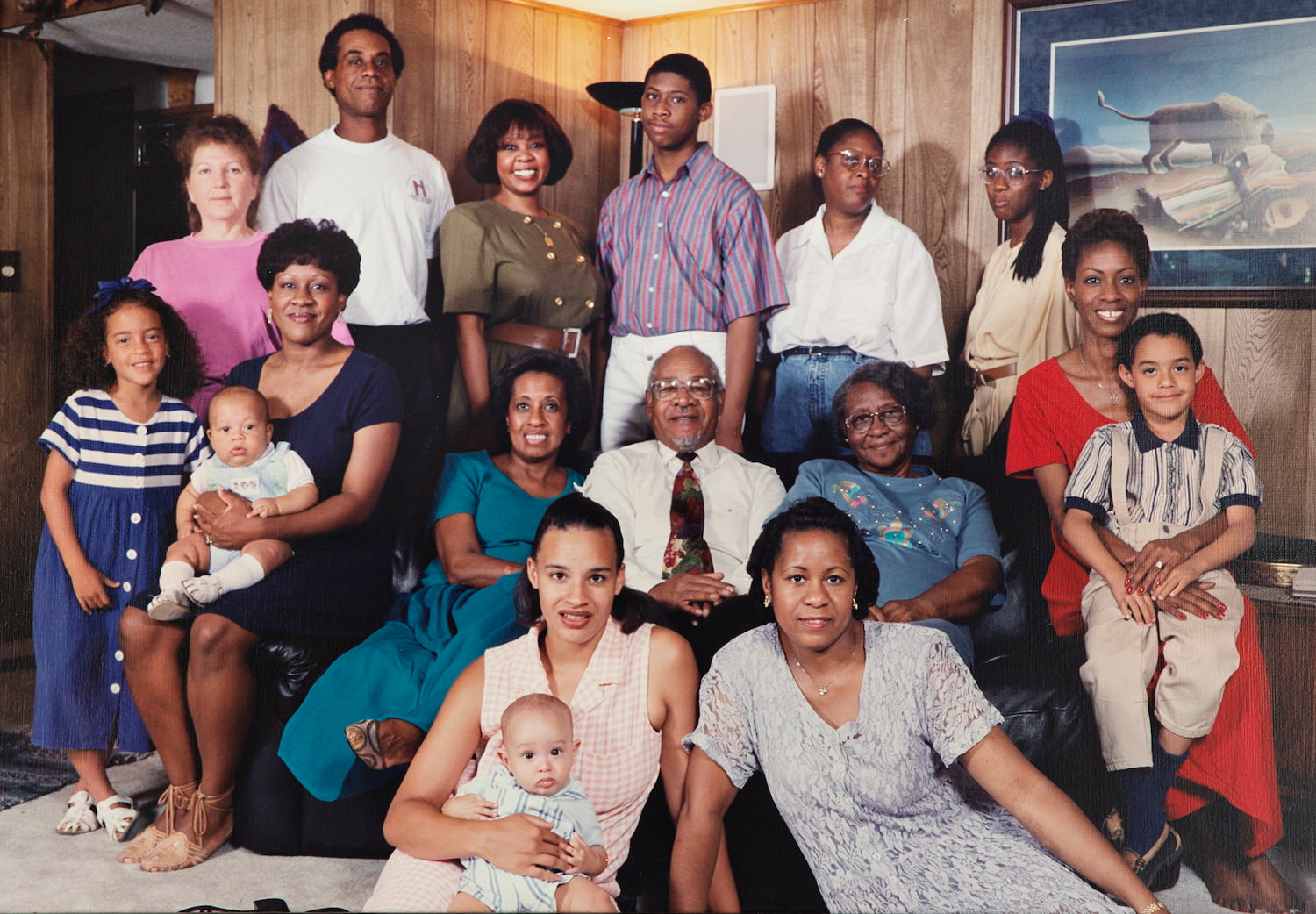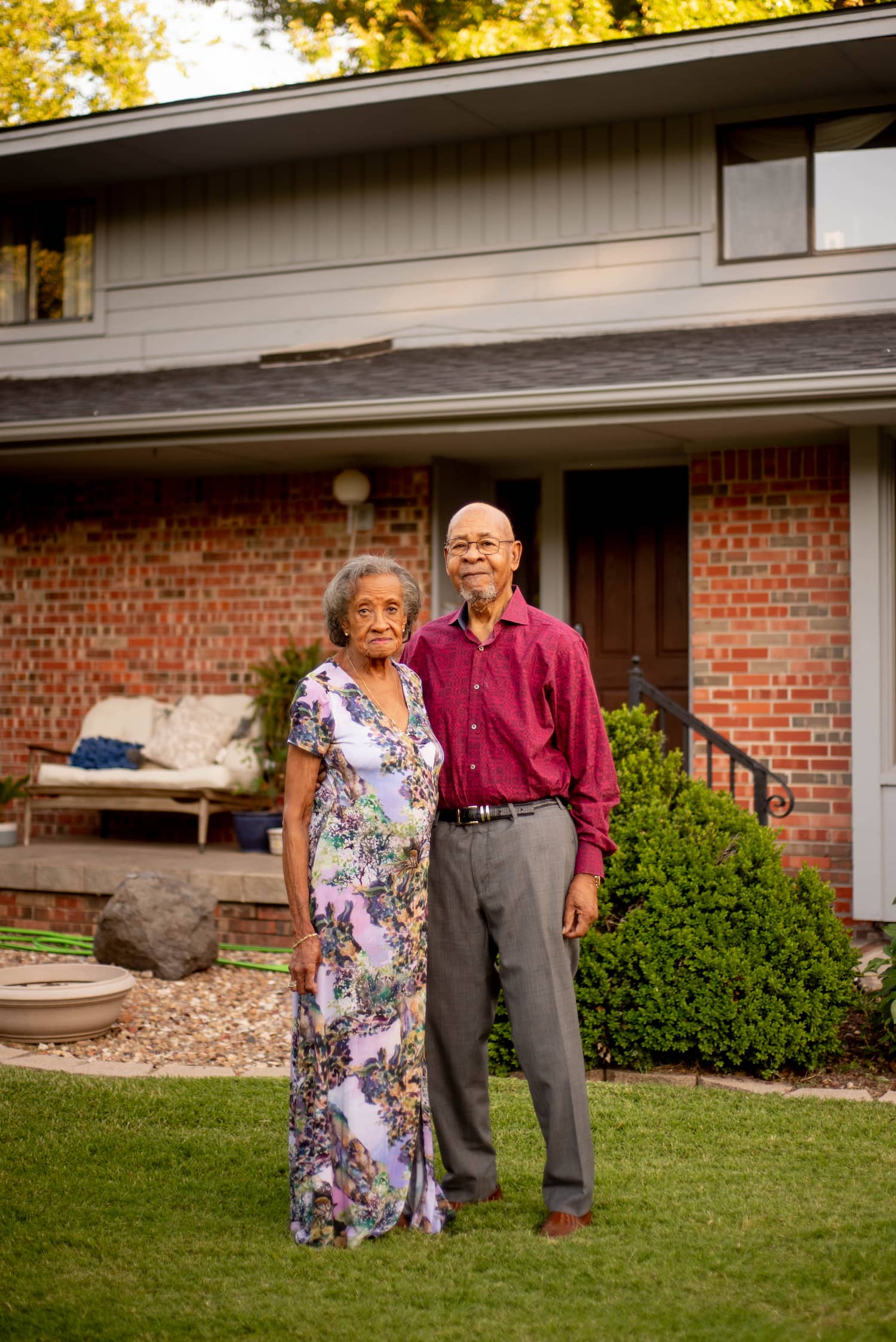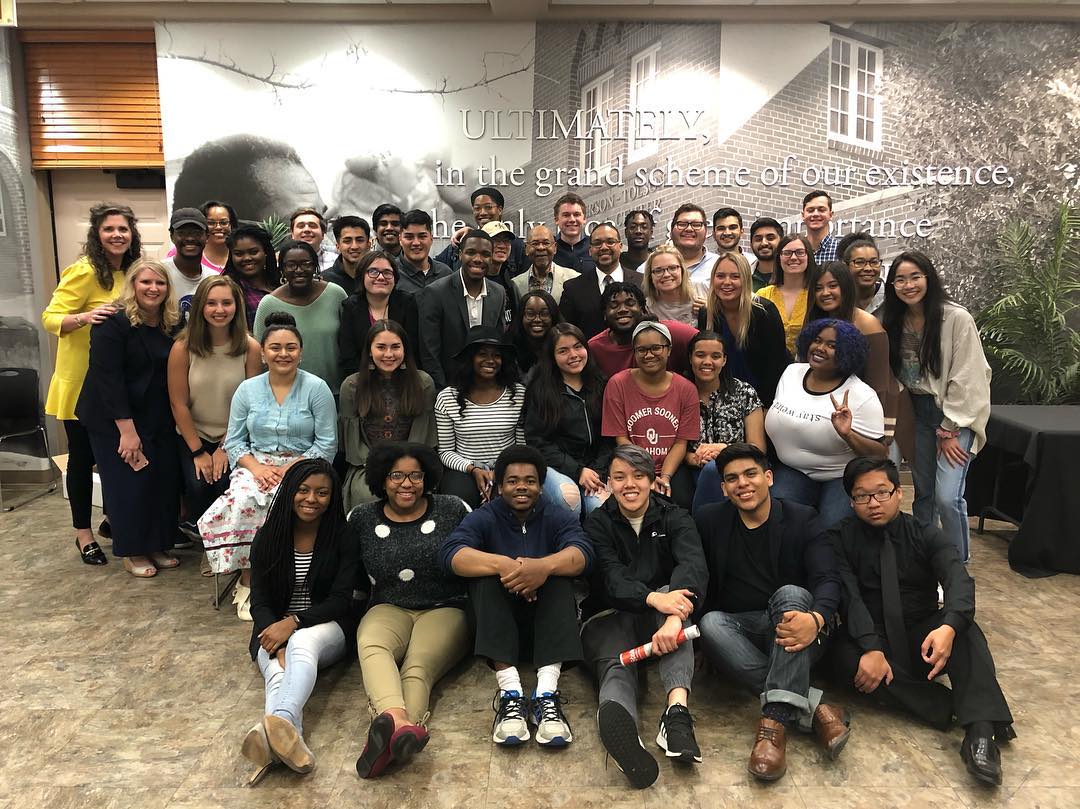From Detroit to Oklahoma, sociology alum George Henderson, Ph.D. helped forge a new path for African American academics
In the late 1960s, there were fewer than 600 African Americans with doctorates in the United States. George Henderson ’58, M.A. ’59, Ph.D. ’65 was one.
"The person who received my application told me he had never known any Blacks who were capable of doing the work, and I considered that an insult," Henderson said. "But I did it, I became the first African American to get a doctorate in the educational sociology program at Wayne State."
While earning his bachelor's and master's, Henderson worked as a caseworker for the Detroit chapter of Big Brothers Big Sisters. He then became the first Black economist on the Detroit Housing Commission and director of community services for the Detroit Urban League, where he collaborated with civil rights leaders including Martin Luther King, Jr. and Malcolm X.
"At Wayne State, I learned that challenging your professors and standing up for truth mattered more than a grade," Henderson said. "Wayne State provided me with the opportunity to teach in a classroom for the first time, showed me the value of inclusion by introducing me to students from a wide range of backgrounds, and inspired me to consider public and community service."
In 1961, Henderson began teaching sociology and social psychology courses at Wayne State, and after completing his doctorate served as an assistant director of Detroit Public Schools, setting a career path for educational administration. It was his mentor Leonard Moss, chair of the anthropology and sociology department at Wayne State, who told Henderson that he belonged at the front of the classroom.
"At first, I just viewed teaching as a way to make ends meet," Henderson said. "But Professor Moss kept telling me, 'George, you are our best adjunct instructor, and you ought to seriously consider becoming a full-time professor.'”
A fateful call
As word about Henderson's teaching abilities spread, he received a call from Professor Richard Hilbert of the sociology department at the University of Oklahoma.
"I said, ‘Professor Hilbert, there’s something you need to know about me. I’m a negro,’" Henderson said. "He replied, 'That's your problem. Would you like to come to the University of Oklahoma to be a full-time professor?’”
The Detroit uprising of 1967 occurred near the home Henderson shared with his wife and seven children, and its aftermath made his work with the public school system increasingly difficult. He began to think a change of scene might make sense. However, Moss thought he should wait for an opportunity at a more welcoming and prestigious institution and wondered if the predominately white state of Oklahoma would fully appreciate Henderson’s values and abilities.

"I knew nothing about Oklahoma, to be honest," Henderson said. "I quickly went to the library to learn more about it and saw that they had a great football team, so I decided to visit, not intending to consider the position, but to see the Sooners play."
Despite his hesitation, Henderson accepted the job and became the third African American professor at the University of Oklahoma. Though excited by the new opportunity, Henderson admitted that leaving Detroit was hard.
 "My wife and I lived in Detroit for a decade, and it was the perfect place for us," Henderson said. "I met some fantastic people there, like Rosa Parks, who told me at my going away party, 'I wish you were staying in Detroit, but I'm so glad that you are going somewhere where they really need you.'"
"My wife and I lived in Detroit for a decade, and it was the perfect place for us," Henderson said. "I met some fantastic people there, like Rosa Parks, who told me at my going away party, 'I wish you were staying in Detroit, but I'm so glad that you are going somewhere where they really need you.'"
Making change in Norman
In 1967, the Hendersons moved to Norman, Oklahoma, a sundown town where non-whites faced dire legal and physical dangers after dusk. With the help of a real estate company willing to defy the status quo, they became the first African Americans to own property in the college town.
Henderson went on to teach generations of students at the University of Oklahoma, served as dean of the College of Liberal Studies and founded its human relations program, and helped increase diversity and understanding across the university. A scholarship named in his honor supports students passionate about service.
Among other accolades, Henderson was inducted into the Oklahoma Hall of Fame in 2003 and named one of the 45 most influential African American Oklahomans by Oklahoma Today Magazine.
“All of those achievements are incidental compared to my greatest honor,” Henderson said, “the privilege of teaching students."

With time and reflection, Henderson now views his “illogical, irrational decision” to leave Detroit as a pivotal and predestined moment.
“Why would any man, father, or person responsible for a family as large as mine accept a $5,000 pay cut to go to a place called Oklahoma where we had no relatives and no connections, to go teach?" Henderson asked. "It wasn’t rational, but it was where I was supposed to be."